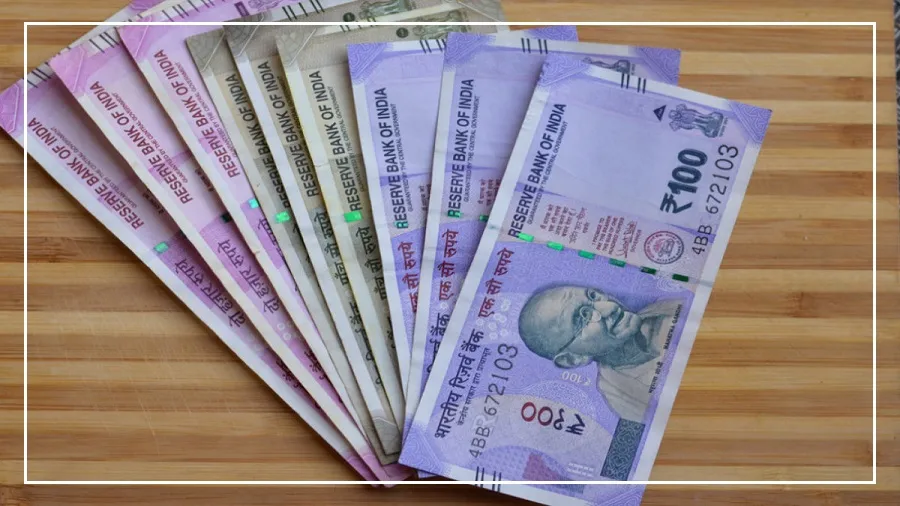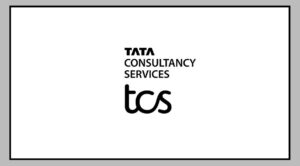There is growing anticipation among Central Government employees and pensioners about the Eighth Pay Commission.
While the commission has not been officially formed yet, ever since the announcement made in January this year, many are busy calculating how much their salary and pension might increase.
However, a new report by Kotak Institutional Equities has brought unexpected concern, as it suggests that the expected raise might be lower than assumed.
What Does the Report Say?
The Kotak Institutional Equities report suggests that the fitment factor under the 8th Pay Commission might be lower than the one used in the 7th Pay Commission.
According to the report, the fitment factor could be around 1.8, which would mean only a 13% hike in salary.
The report also estimates that the minimum basic salary may increase from the current ₹18,000 to ₹30,000.
This decision will directly impact around 33 lakh Central Government employees, and the biggest benefit—though smaller than expected—will go to Grade C employees, who form about 90% of the workforce.
What Is the Fitment Factor and Why Does It Matter?
The fitment factor determines how much an employee’s basic pay will increase after revision. For example, during the Seventh Pay Commission, the fitment factor was 2.57.
This meant that an employee earning ₹18,000 as basic salary saw their pay rise to ₹46,260.
The fitment factor is always applied only to the basic salary and forms the base for calculating all other allowances and benefits.
When Will the 8th Pay Commission Be Implemented?
The Pay Commission is usually formed every 10 years. This time, it is expected to be implemented from January 2026.
However, despite the announcement made earlier in 2025, the Eighth Pay Commission has not been formally constituted.
As per the Kotak report, the government still needs to appoint members and define the terms of reference for the commission.
Going by previous trends, it typically takes around 18 months to prepare the report, followed by another 3 to 9 months for cabinet approval and final implementation.
Based on this timeline, Kotak estimates that the actual implementation may happen in the last few months of 2026 or in the early part of 2027.
However, even if there is a delay, the Eighth Pay Commission will officially be considered effective from January 2026, and employees and pensioners will get arrears for the pending period once implemented.

























